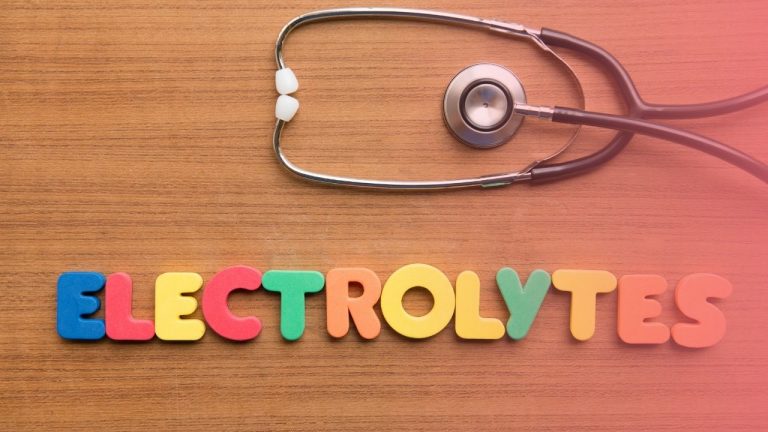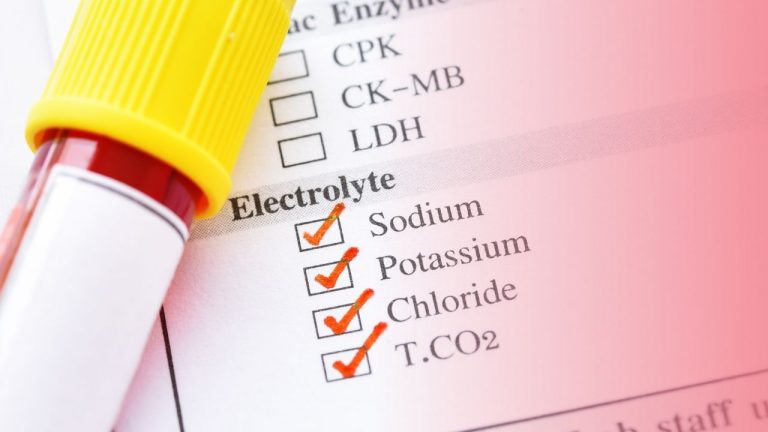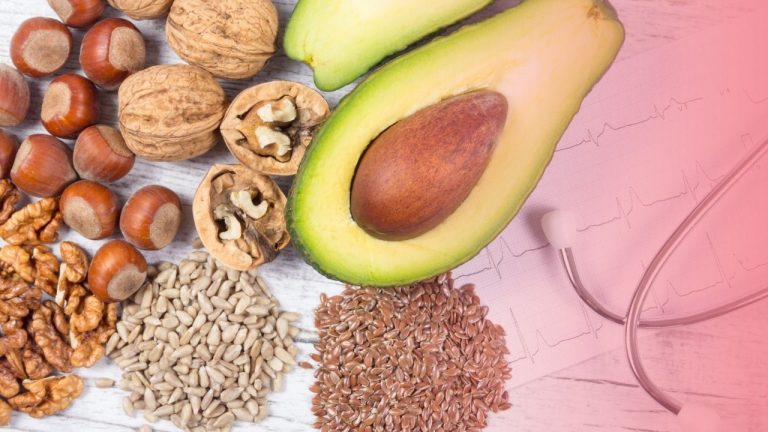What is the Keto Flu? Everything You Need to Know About This Condition
The keto flu is a condition that many people experience when they start the ketogenic diet. It can be quite unpleasant, but you can minimize its effects with a few simple tips. In this blog post, we will discuss what the keto flu is, its symptoms, and how to deal with it. We will also provide some helpful advice on how to stick to your keto diet during this difficult time. So if you are feeling a bit under the weather, keep reading!
What is the keto flu and what are the symptoms?
The keto flu is a condition that can occur when people start following a ketogenic diet. Symptoms of the keto flu include fatigue, brain fog, and nausea.

People often start to feel these symptoms within the first few days or weeks of starting a ketogenic diet. The good news is that the keto flu is usually only temporary and will go away on its own.
If you are currently experiencing the keto flu, there are a few things you can do to help ease your symptoms. Drink plenty of fluids, get enough rest, and eat foods that are high in electrolytes. You can also take supplements such as magnesium or potassium to help with the keto flu.
What causes the keto flu and how can you prevent it from happening to you?
The keto flu is caused by a lack of electrolytes in your body. When you start a keto diet, your body loses water and salt through urination. This can lead to dehydration and a drop in electrolyte levels. The best way to prevent the keto flu is to make sure you’re getting enough fluids and electrolytes. Drink plenty of water and eat foods that are high in electrolytes, like salt, magnesium, and potassium. You can also take supplements to make sure you’re getting enough of these nutrients.

How long does the keto flu last and what can you do to make it go away faster?
The keto flu usually lasts for a week or two. However, there are some things you can do to make it go away faster. Drinking plenty of fluids, getting enough rest, and eating a balanced diet are all important. Additionally, supplementing with electrolytes can also help reduce symptoms.
If you’re experiencing the keto flu, it’s important to remember that it’s only temporary.
Are there any risks associated with the keto flu?
Yes, there are some risks associated with the keto flu. These include dehydration, electrolyte imbalances, and constipation. If you experience any of these symptoms, it is important to seek medical attention right away.
Dehydration can be a serious condition and should not be taken lightly. Symptoms of dehydration include extreme thirst, dry mouth, dark urine, and fatigue. If you experience any of these symptoms, it is important to drink plenty of fluids and seek medical attention if necessary.

Electrolyte imbalances can also be dangerous. Symptoms of electrolyte imbalance include muscle cramps, irregular heartbeat, and confusion. If you experience any of these symptoms, it is important to seek medical attention and replenish your electrolytes.
Constipation can also be a problem on the keto diet. This is because a diet high in fat and low in fiber can cause constipation. If you experience constipation, it is important to increase your intake of fluids and fiber. You may also need to take a laxative or stool softener.

How can you tell if you have the keto flu or another condition that’s similar to it?
There are a few key symptoms that tend to crop up when someone has the keto flu. They include:
Feeling fatigued or tired all the time
- Difficulty concentrating
- Brain fog
- Headaches
- Muscle aches and cramps
- Stomach issues like nausea, constipation, or diarrhea
- Difficulty sleeping
What should you do if you experience the symptoms of the keto flu while on a ketogenic diet?
If you are experiencing any of the symptoms of the keto flu, here are some remedies that you can do:
Drink More Water – Dehydration can be a major cause of the keto flu. Make sure that you are drinking plenty of fluids throughout the day.

Get Enough Electrolytes – Sodium, potassium, and magnesium are all electrolytes that you need to stay hydrated. You can get these from foods like chicken, fish, avocados, bananas, and leafy green vegetables. You can also take supplements if necessary.

Get Plenty of Sleep – Fatigue is a common symptom of the keto flu. Make sure that you are getting at least seven to eight hours of sleep each night.

Eat More Fat – A diet that is too low in fat can actually trigger the keto flu. Make sure that you are getting enough healthy fats from foods like olive oil, avocados, nuts, and seeds.

In Conclusion
The keto flu is a condition that some people experience when they start the ketogenic diet. Symptoms can include nausea, headache, fatigue, and dizziness. The good news is that the keto flu is usually short-lived and can be treated with over-the-counter medications. Here’s everything you need to know about this condition.
